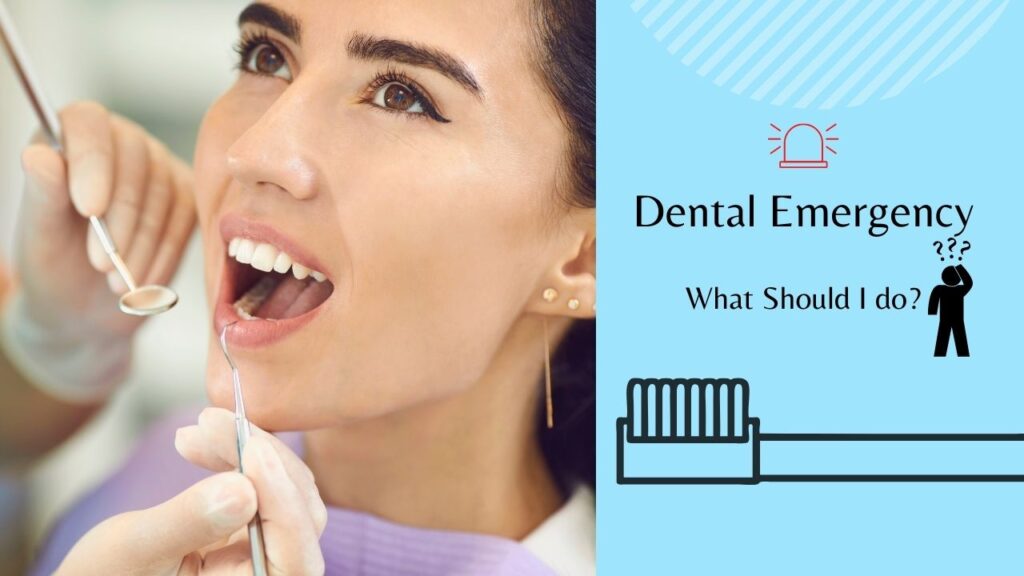Prevention of an emergency by taking care of dental hygiene should be prioritized. This preserves your oral health; however, knowledge of what to do in an emergency helps prevent lasting damage. The following article will briefly understand common dental emergencies and deal with them as a first response. After taking instant measures, a medical facility should be contacted as soon as possible. People of Texas can always rely on and contact a Knoxville dentist for dental emergencies.
Broken or Chipped Tooth
A chipped or broken tooth can hurt badly while also affecting your facial expression. This is because you may have bitten on something too hard to trigger it. To remedy this, rinse your mouth with warm water and if it is bleeding, apply gauze to the site. Next, press a cold compress to your cheek closest to where the injury is inside your mouth to relieve pain and reduce swelling. After treatment, visit the dentist, who may endorse avoiding crunchy or hard foods or activities until a definite treatment is performed.
Toothache
Toothache is usually an indicator of underlying problems like tooth decay or infection. While these may be manageable without special care, urgent attention should be given if one experiences signs like swelling.
In this case, ignoring the cause of the pain and taking painkillers or aspirin is not a good idea. Contacting these medications with the affected gums can cause tissue burning. Instead, a cold compress should be pressed against the cheek near the affected area, and a dental care facility should be contacted. After treatment, the dentist will stress upon oral care to avoid cavities and the chances for tooth decay or worse dental problems.
Broken Orthodontics
As tough as braces may be, they can also break, stick out or poke into your gums and cheeks. This causes discomfort and can slow or disturb the alignment and straightening of teeth.
In this case, you can try to fix the problematic wire yourself for the time being into a more comfortable position but be sure to not use a lot of force, which may be hurtful for gums or teeth. Cutting the wire should not be an option as there is a danger of swallowing or damaging the teeth or gums. The wire causing discomfort can be covered with some gauze or a piece of cotton ball for momentary relief until a dental facility is accessible.
Abscess
Infections of the mouth can be dangerous, especially near the roots of teeth or in the gums. If these infections are ignored, they can spread into the surrounding teeth or to the rest of the body. The way to check for such infections is to check gums regularly for painful, swollen spots. If you find something wrong, use mild water solution to rinse your mouth and apply ice for temporary relief until you contact your dentist.
Dental emergencies should be immediately dealt with because delaying may cause excruciating pain and long-term sessions with the dentist. However, with the correct and timely treatment, good oral health can be restored.

